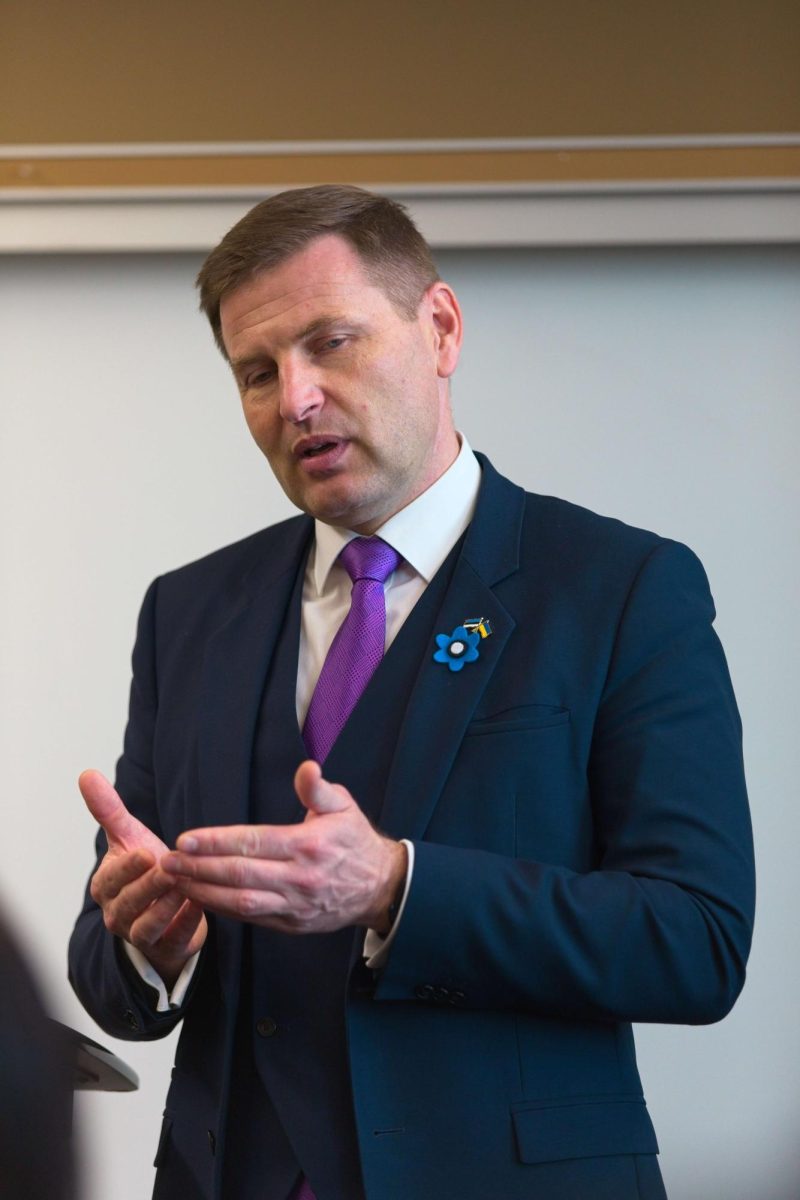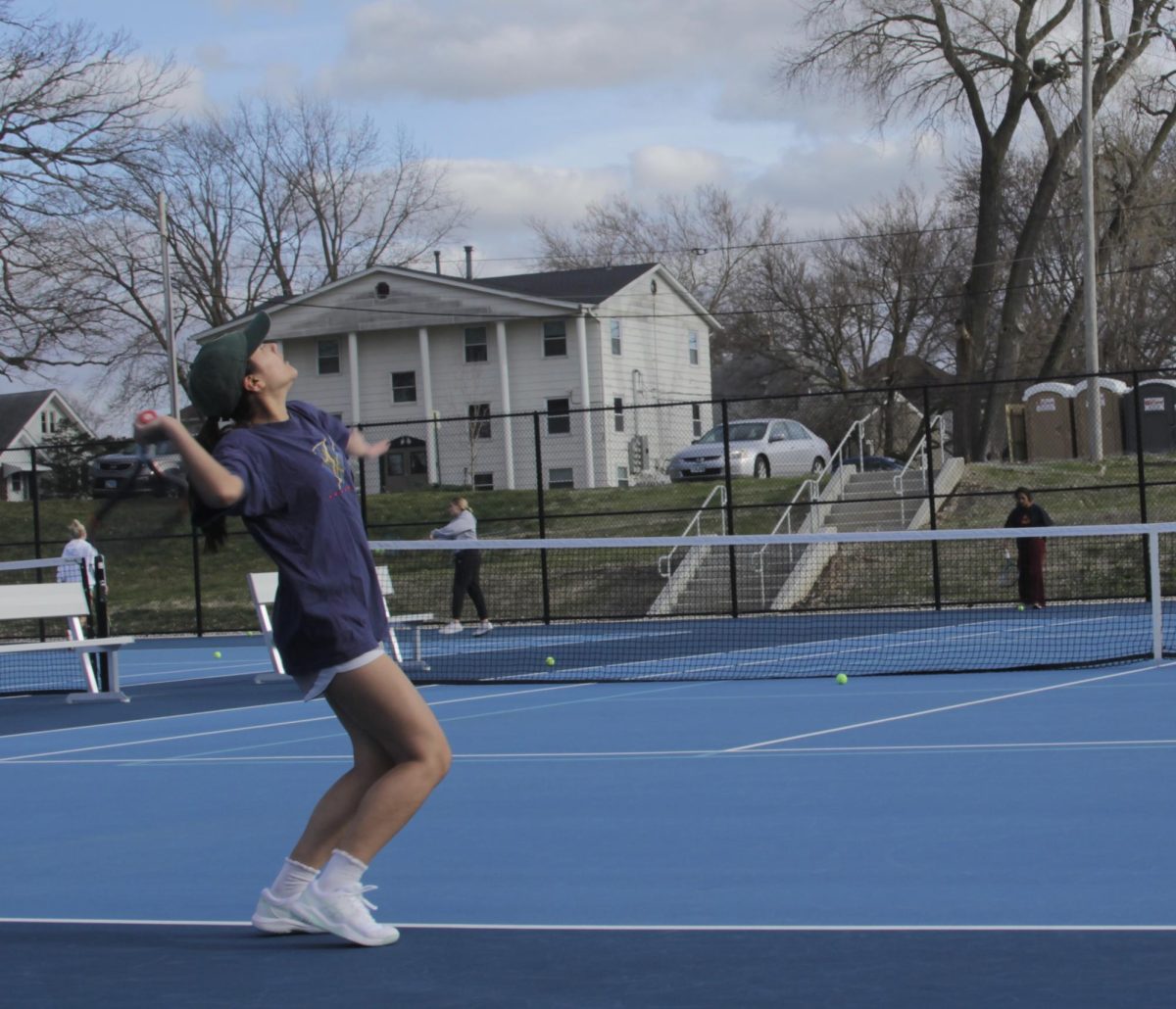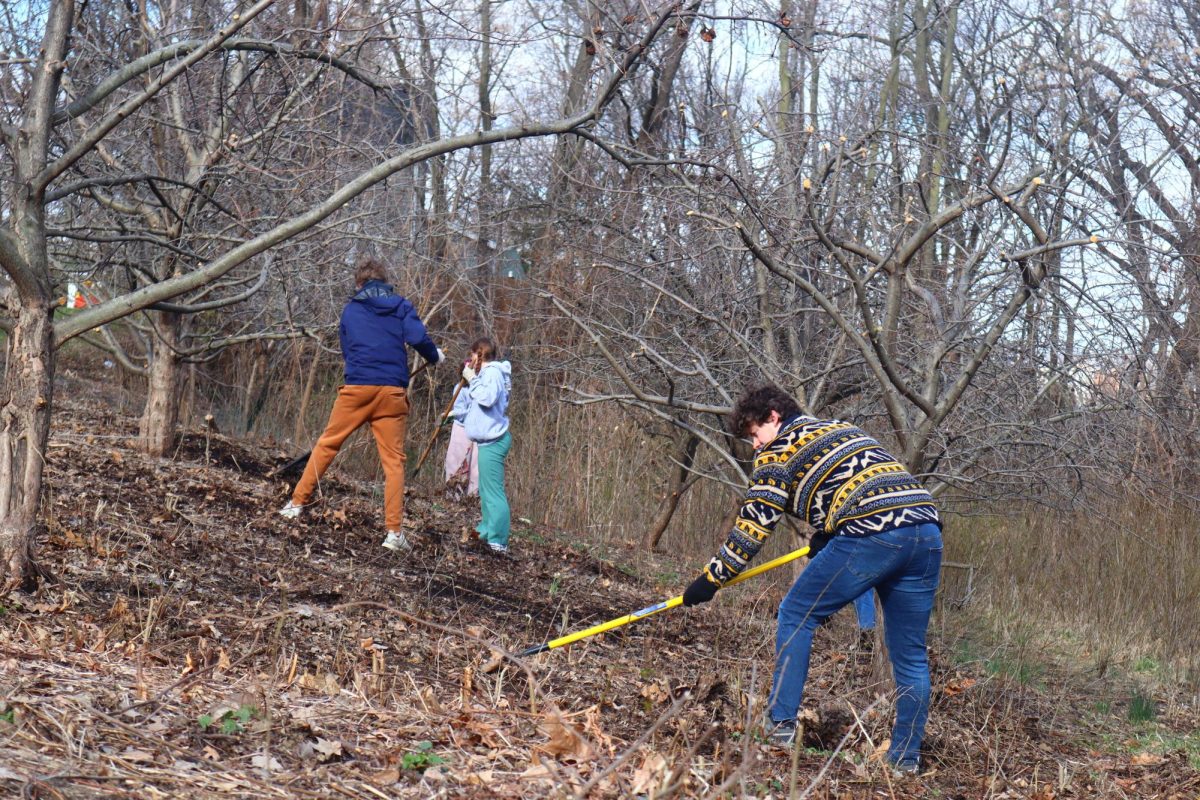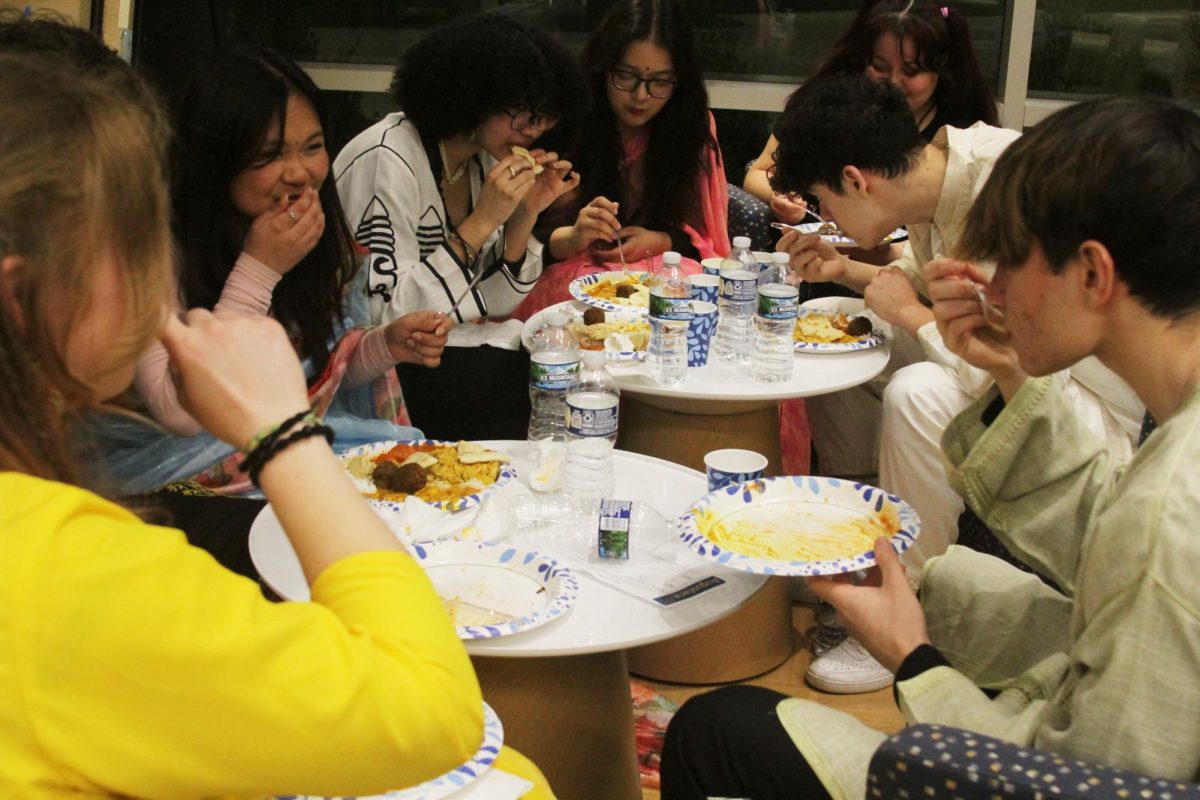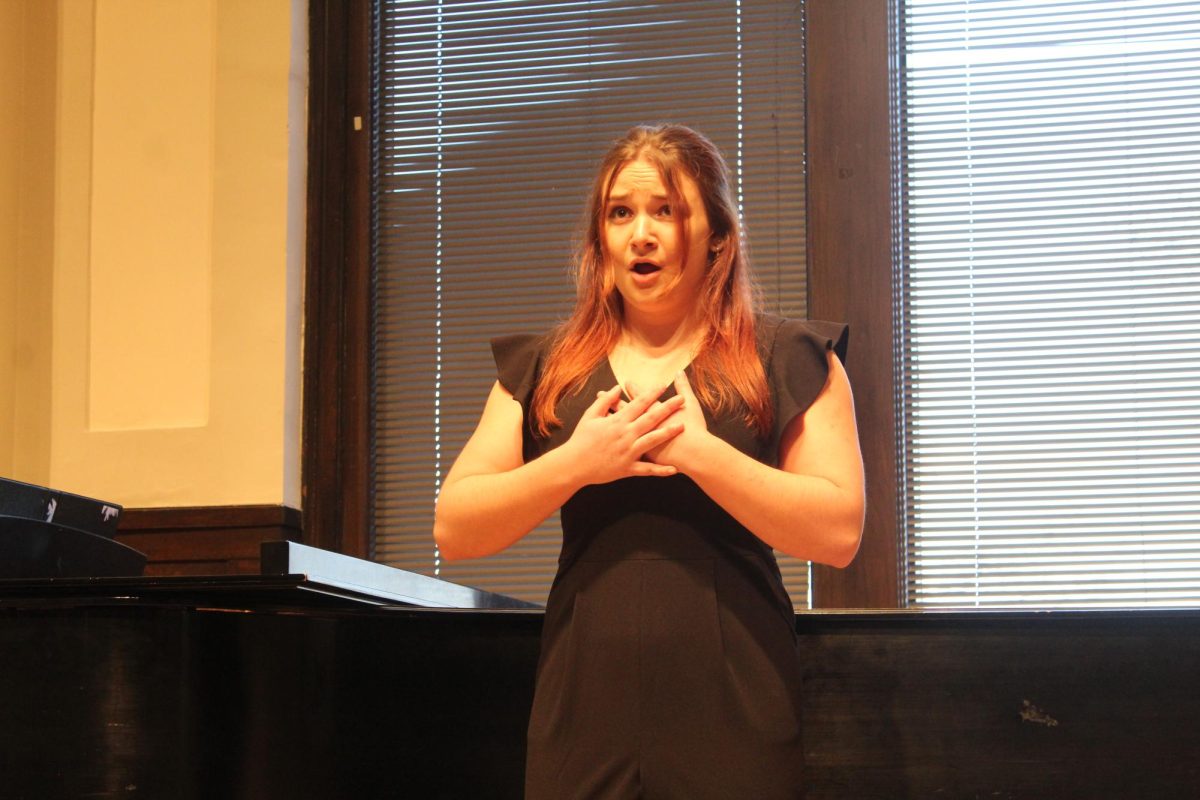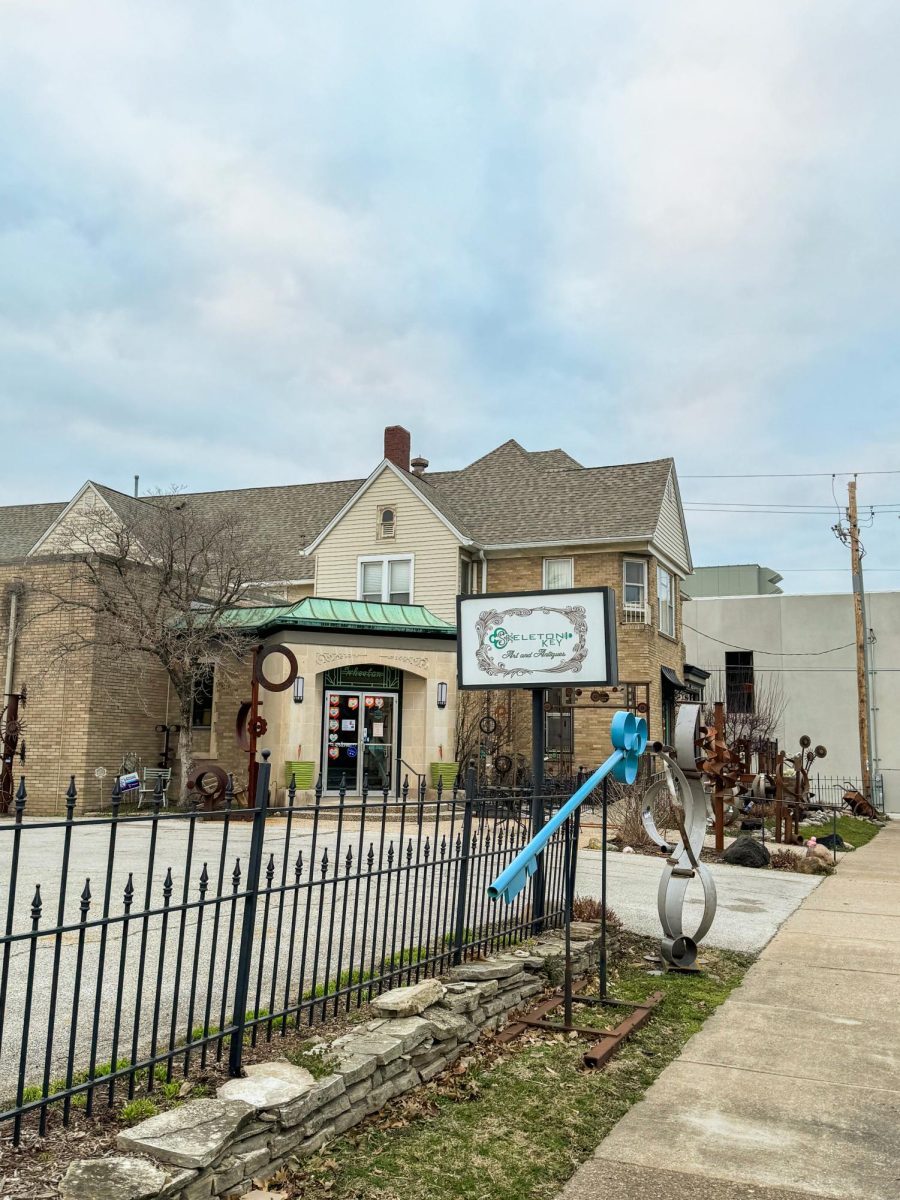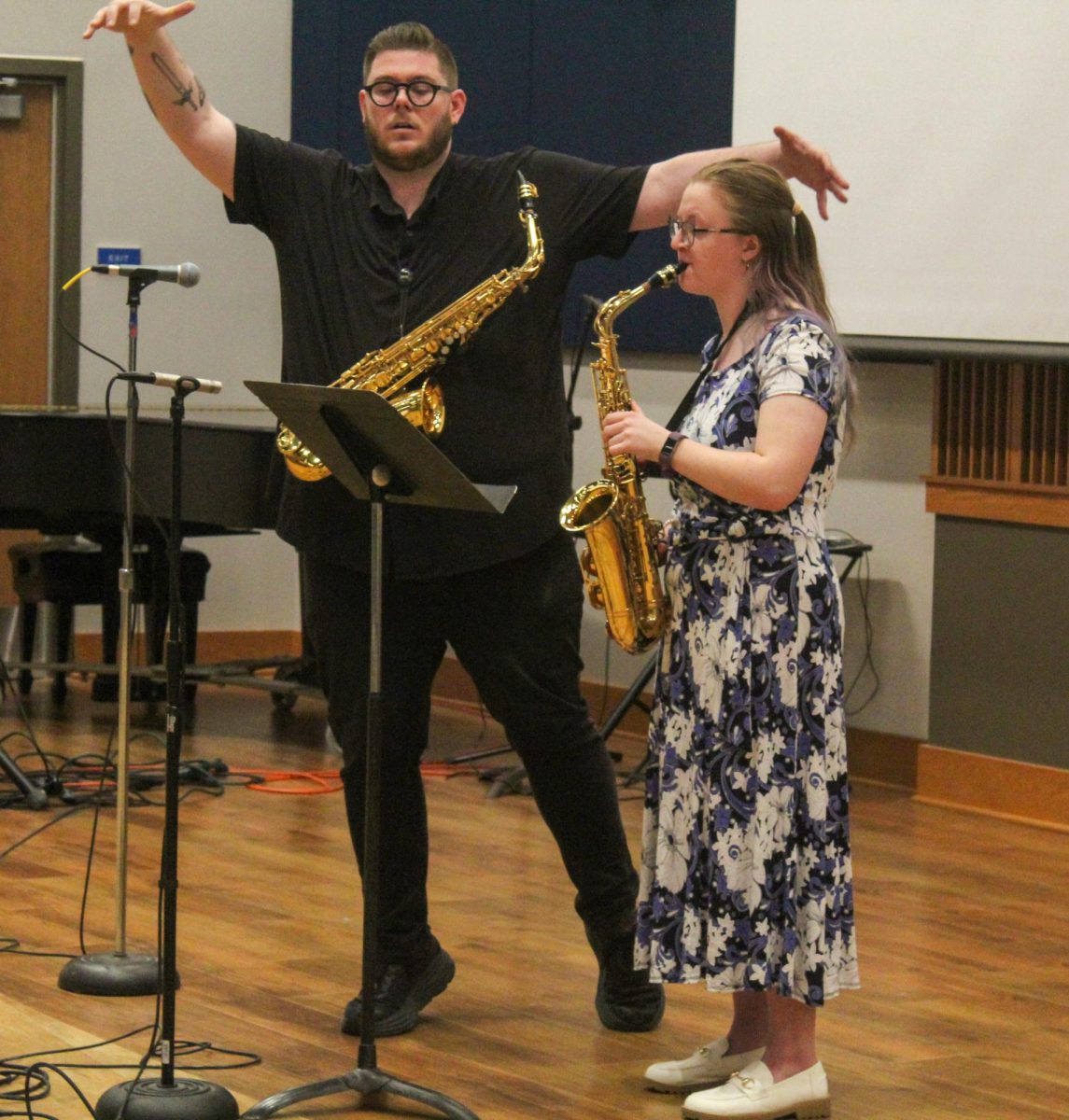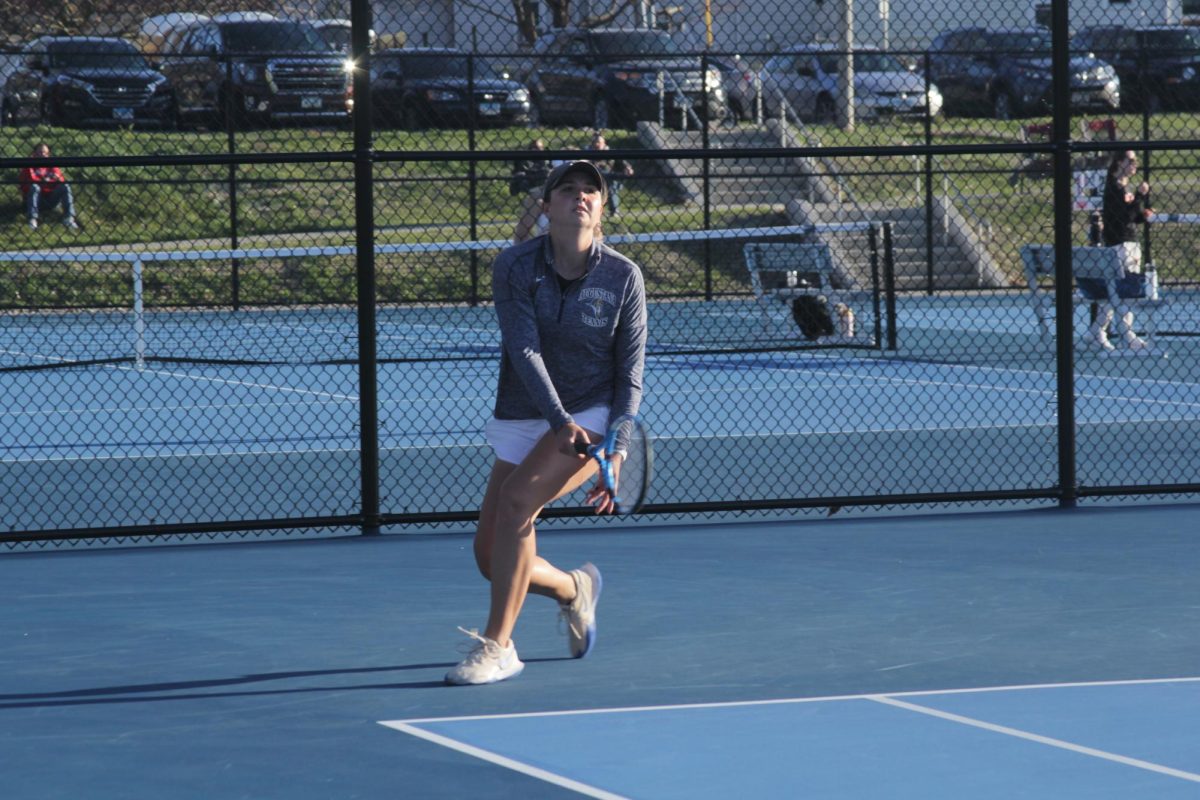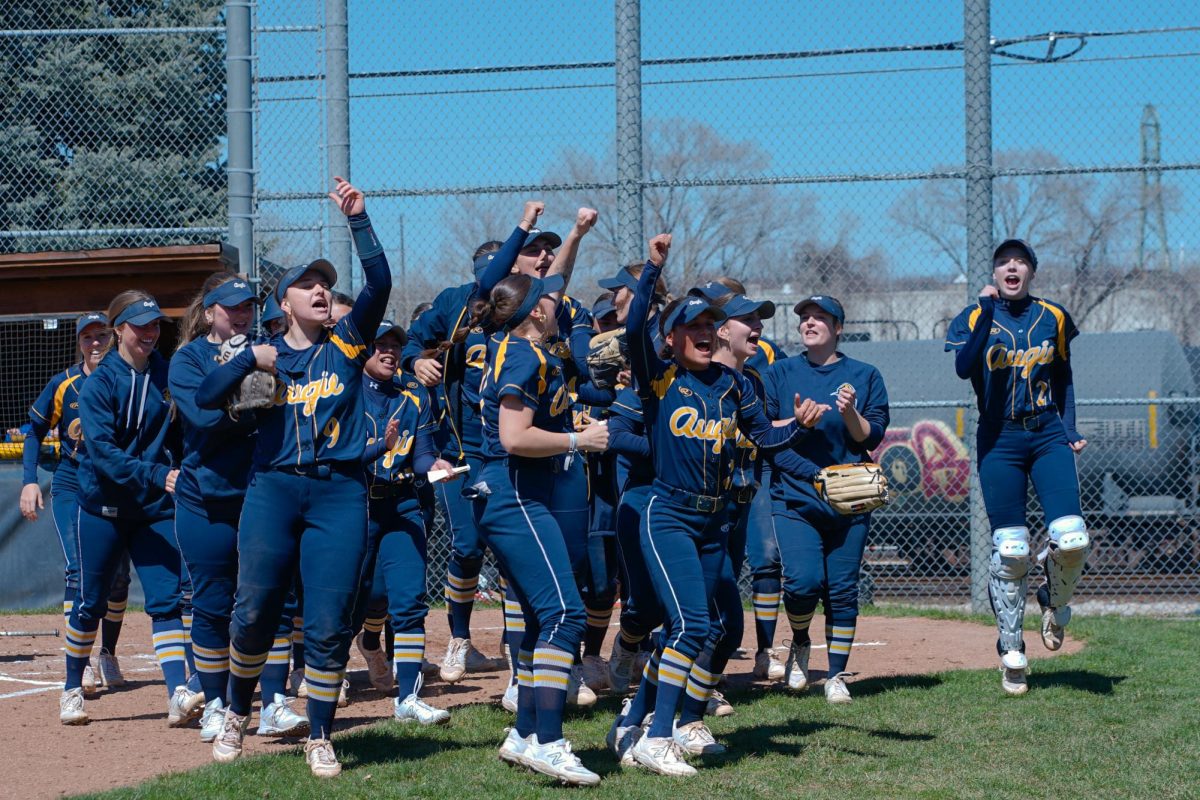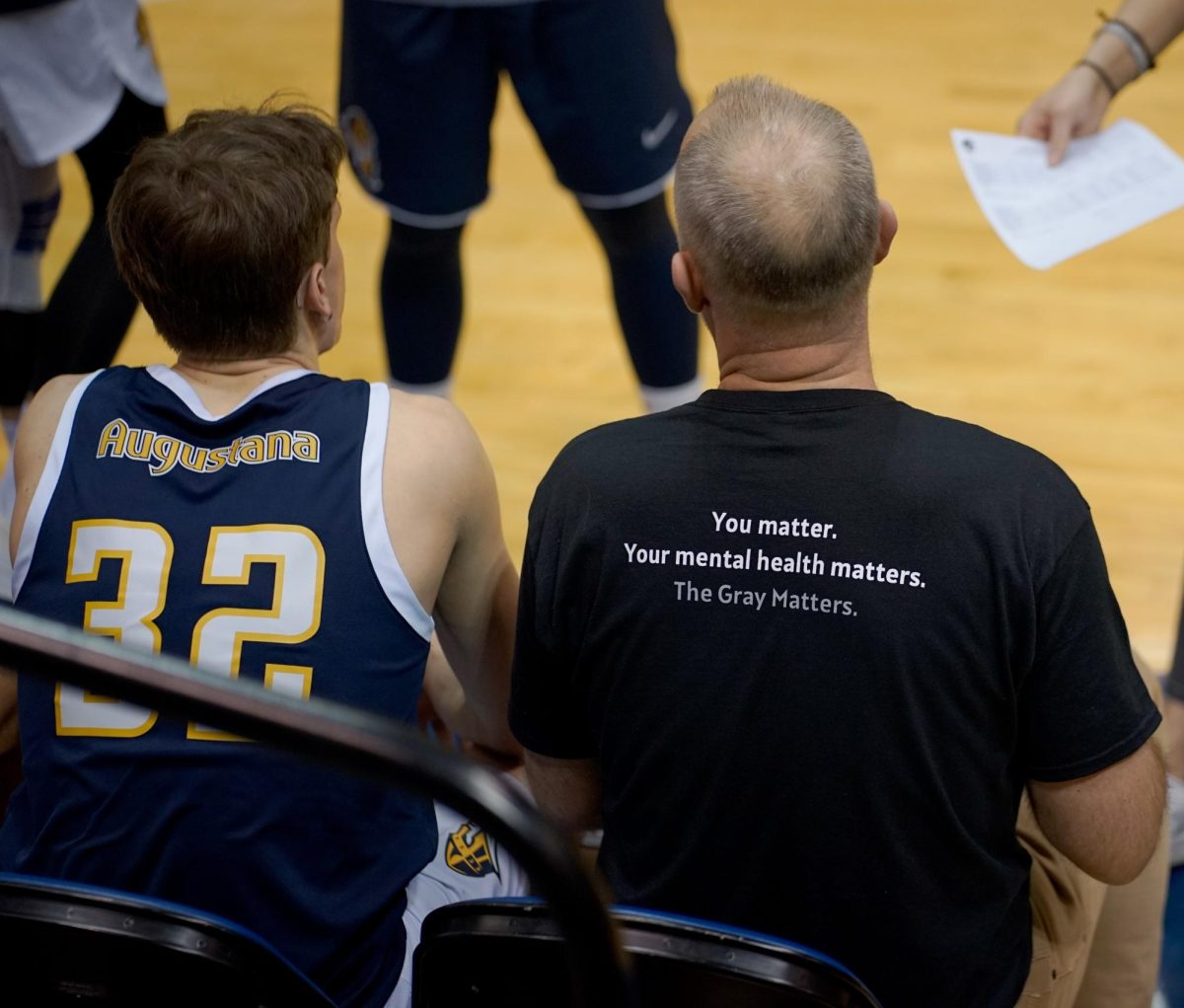With Augustana’s annual Study Away Fair taking place on Wednesday, September 12, Augustana students share their experiences of having studied outside the US.
Senior Filip Kuzmanovic spent six weeks of the past summer in Dijon, taking classes at the University of Bourgogne. He witnessed the public reaction to France’s FIFA World Cup victory on July 18. “It was pretty intense,” Kuzmanovic said. “Even before and after the day itself, you could feel something unusual in the atmosphere, but in a good way. I was really happy for them.” Kuzmanovic, a French and International Business major, said he was required to spend some time immersed in French culture, and that he also wanted a closer perspective on Europe, where he plans to work later in life. “Living that different lifestyle, you see people have ways of doing things that they’re never going to break,” Kuzmanovic said. “Like, everyone takes a daily lunch break, and no one’s going to interrupt that. It was pretty hard finding restaurants and shops open at that time, but it’s just something you learn to deal with.” Kuzmanovic recommends that more students try to go on study abroads even after the switch to semesters. “You have to find your own reasons for doing it, but a trip abroad just makes you more open to how different people think and act and feel,” he said.
“I went to Dijon because I’m a French major, and also because when you’re immersed in another culture you really recognize the cultural differences as well as just improving your language – in this case French,” said Emily Johnson. She spoke about how “people don’t care about personal space. Americans have such a large personal space bubble, like ‘Don’t come within three feet of me!’, and in France they’ll come right up next to you.” She said, however, that the experience made her think about how individualistic American culture was, and how other countries were fine with being close to their fellow citizens. “The only negative experience I had was that every building we stayed in was the original building – like, from the 1300s,” Johnson said. “There’s no room to put in air conditioning and it was the hottest it had been in Dijon was thirty years. That was rough.” She added, “I definitely think people should go out and experience different cultures, even if it’s an Appalachia trip or Holden Village or something like that. I really think that travelling and expanding your boundaries is the best way you can learn about yourself and others.”
Senior Emma Samatas is currently spending fall term in Siena, Italy, where she and her fellow students are living in apartments within the walls of the “medieval” city. She completed the two-week Religion in Rome program in summer 2017 and decided to return to Siena, a much smaller city, for a longer immersion experience. “In Rome, almost everyone spoke English and it was very easy to communicate,” Samatas said. “In Siena, however, some people do speak English, but many do not. This has allowed me to experience what it is like to be in a foreign country where I cannot speak the language.” Samatas also described navigating a completely unfamiliar city. “My friends and I would try to walk to places the first couple of days in Siena without our GPS, all in the hopes to help us figure out our way around in the future,” Samatas explained. “One day it took us 30 minutes to get home (when it only takes 8!) but that day we learned landmarks and streets that lead us home.” Samatas believes that
“allowing yourself to feel a little uncomfortable in order to push yourself farther than you might have imagined” is an important part of the study abroad experience.”
“I loved both my study abroad trips and they added more excitement to my academic experience,” said senior DaeNia La Rode. She completed both a winter term in Australia and a spring and summer program in Germany, and was able to make comparisons between both countries, as her first trip was “very academically inclined” but her second was “internship focused.” She described both non-English speaking Europe and English-speaking Oceania as different but invaluable experiences. She also recalled being able to witness the presentations of post-graduate students in Germany and discuss research and case studies with them. In Australia La Rode enjoyed “the independence of functioning as a profession in another country outside of the Americas.” She said, “‘I worked’, had colleagues, participated in office extracurriculars, did research and still had an active social life post-work. It makes me very excited to get into my field of study and go to grad school.”
Sophomore Sean Sheehan took part in a one month cultural immersion trip to Japan. “We got to do a Japanese onsen, which is a natural hot spring,” recalled Sheehan. “It was full of public nudity that separated men and women, which is not something you see in the US. It’s outdoors, so you also deal with the weather and nature around you, which made it really soothing.” Sheehan learned how to navigate a huge metropolitan subway system, which he described as far more intricate than that of Chicago. He also said, “There’s a stereotype that people there are so much more respectful, and you actually do see that so much more. People are always in a hurry, but they’ll never elbow their way through to get ahead of you.” While Sheehan felt that, “Only having completed one whole school year of Japanese language was not enough,” given the knowledge of Japanese characters, vocabulary and grammar that was needed for the level of communication required. However, he added, “Going to Japan – do it if you can. You can almost always find someone who speaks English, or you could use very broken Japanese.”
Describing her study abroad experience in Japan, sophomore Jordan Cray said, “I didn’t have to use Augie Choice for it, and that left me an option to go again in the future. And I always wanted to go, so it was a cool opportunity I couldn’t miss.” She recalls visiting an elementary school in the suburbs of Tokyo, saying “I loved it, especially interacting with the kids. They usually don’t see people like me there, so just talking to them was awesome.” She added, “Immersing yourself in a new culture, even if it’s one you identify with, would be educational, because their customs and traditions might be different from how you do it in the US.” She says she would definitely study abroad again, in Japan or perhaps in Ghana.
Where in the world have you been?
September 13, 2018
Leave a Comment
More to Discover

